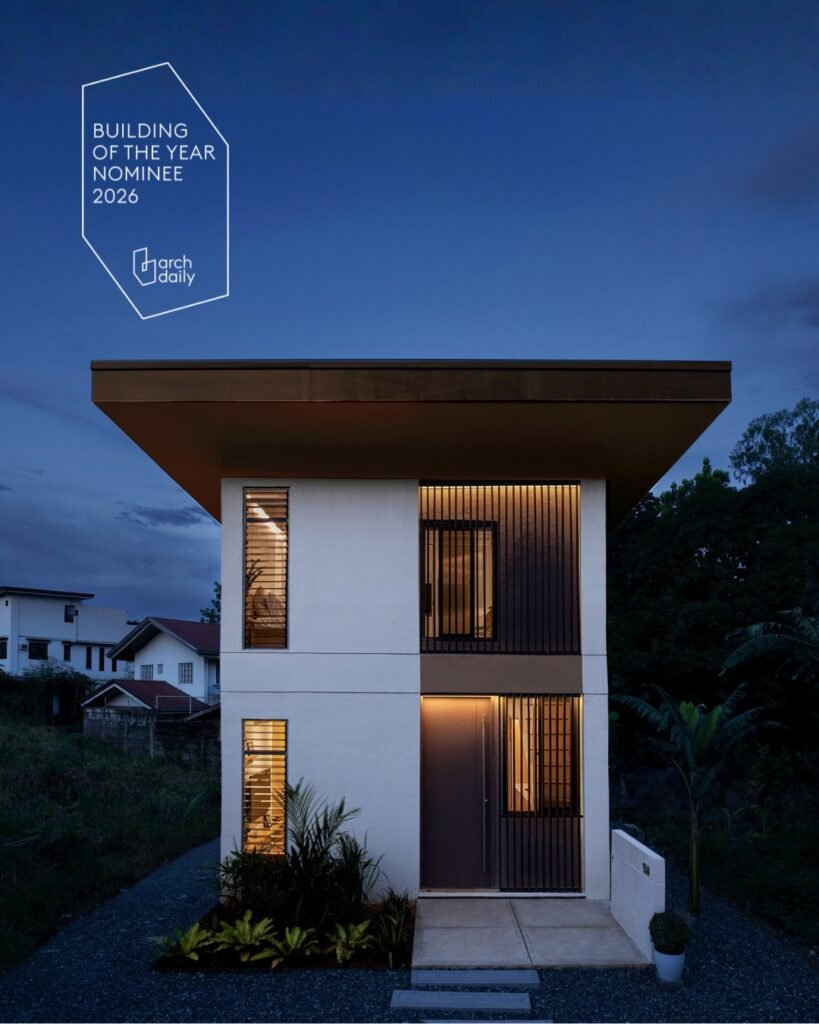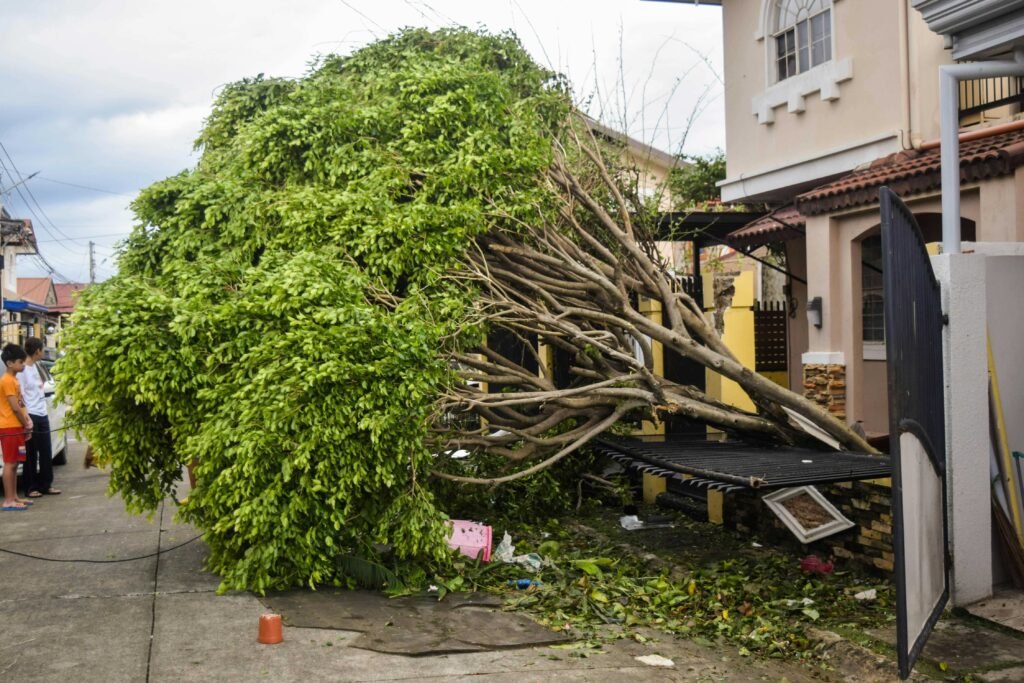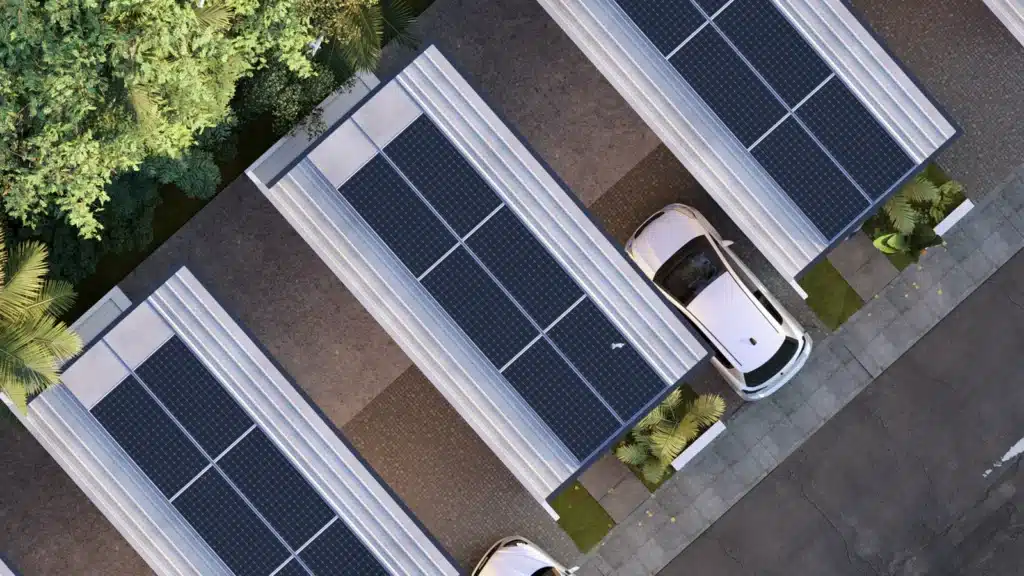Imagine a picture-perfect island life in the Philippines: pristine beaches and vibrant coral reefs. However, behind this idyllic image, coastal communities consistently face the struggle for freshwater.
As water scarcity increases, sustainable living methods are urgently needed. By embracing water recycling, island communities can significantly enhance water conservation efforts, ensuring resources for future generations while maintaining the beauty and health of their environment.
This article explores how coastal communities can adopt water recycling to support sustainable living and tackle the pressing issue of water scarcity.
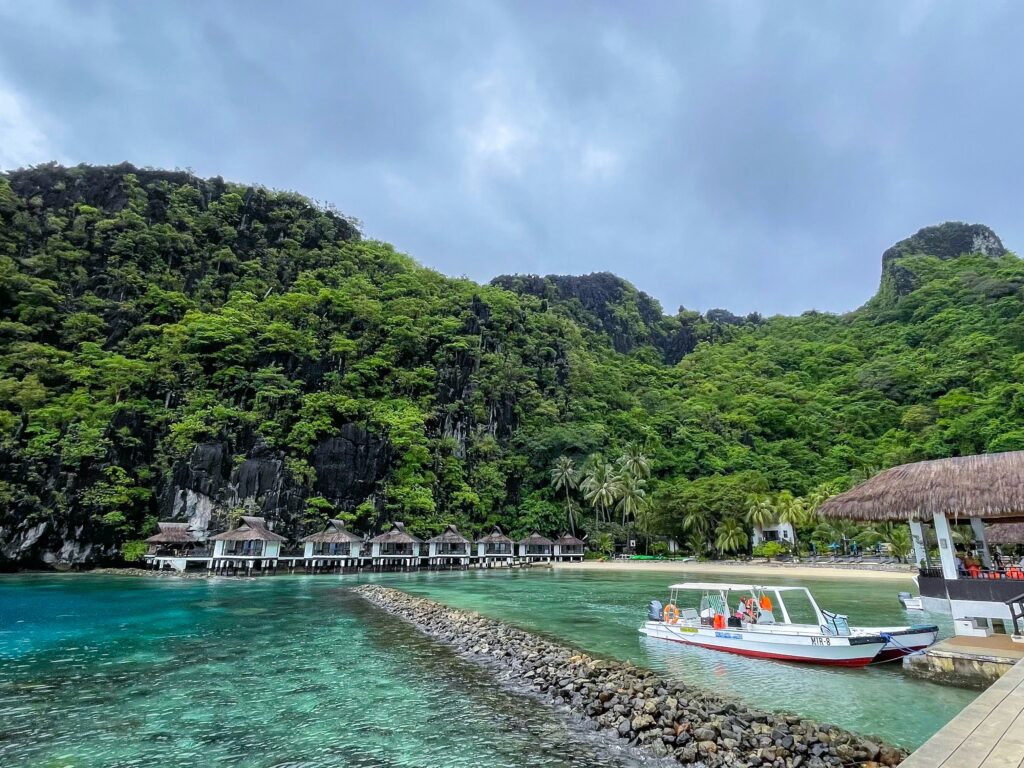
Paradise with a Thirst
Population Growth and Tourism
Population growth and tourism further exacerbate the strain on water supplies. As more people flock to islands for their beauty and charm, the demand for freshwater skyrockets. This surge in usage puts immense pressure on already limited resources, making efficient water management strategies essential.
Climate Change
Climate change introduces severe droughts and erratic rainfall patterns, adding to the problem. This unpredictability makes it even harder for coastal communities to plan and store sufficient water. The shifting climate dries out reservoirs and disrupts the delicate balance of local ecosystems, which these communities rely heavily on for fresh water.
Vulnerability of Island Communities
Island communities are particularly vulnerable due to their isolation and limited options for transporting freshwater. Their dependence on fragile ecosystems makes them more susceptible to environmental changes.
Without efficient water recycling and proactive water management strategies, these idyllic paradises risk becoming arid landscapes, jeopardizing their natural beauty and inhabitants’ way of life.
The Power of Water Recycling
Water recycling, the process of treating and reusing wastewater, is a game-changer for island communities aiming for sustainable living. There are three levels of water recycling: primary, which removes large particles; secondary, which treats organic matter and reduces contaminants; and tertiary, which further refines water to make it safe for various uses.
Community-led recycling initiatives can drastically reduce reliance on limited freshwater sources. These communities can ensure water security and resilience by reusing water, even amidst climate challenges.
Additionally, recycling wastewater improves sanitation and reduces pollution, making the environment cleaner and healthier. Economically, water recycling can create green jobs and spur the development of water-efficient technologies, offering a win-win for both people and the planet.
Filipino Solutions for Filipino Problems
The Philippines is bursting with creative, eco-friendly practices aimed at water recycling, especially in its island communities. One standout method is the implementation of greywater systems, which treat wastewater from sinks, showers, and laundry and repurpose it for non-potable uses like irrigation and toilet flushing.
Schools and resorts have been pioneers in installing small-scale systems that showcase effective water recycling at the community level. These initiatives save precious freshwater and promote coastal sustainability by minimizing ocean wastewater discharge.
Government bodies and NGOs are also stepping up, introducing policies and programs that pave the way for more water recycling infrastructure. These efforts have catalyzed the development of low-cost, low-maintenance systems that island communities can easily adopt.
These innovations enhance self-sufficiency and environmental resilience using readily available materials and local expertise. The combination of community-driven projects and supportive policies creates a powerful ripple effect, proving that island communities can turn water scarcity into abundance with the right tools and mindset.
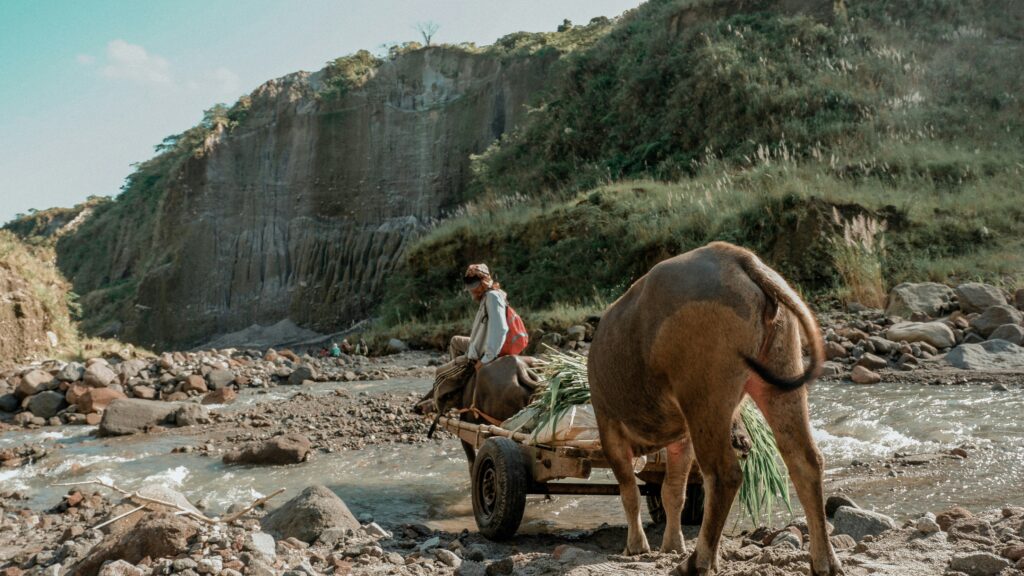
Challenges and Considerations: Navigating the Currents
Implementing water recycling in island communities is no small feat and comes with challenges. One of the main hurdles is the initial investment costs for infrastructure. Funding can be a significant barrier, but exploring grants, public-private partnerships, and community investment can help cushion these financial burdens.
Another challenge is the public perception and education on sustainable water use. People often need clarification to embrace water reuse. Therefore, public education and awareness campaigns are crucial to shift mindsets.
Finally, ensuring proper operation and maintenance of these systems is critical. Emphasizing capacity building and offering training programs can ensure that water efficiency innovations are effective and long-lasting. By addressing these concerns, island communities can successfully navigate the currents toward sustainable water use and mitigate the environmental impact.
Island Future: A Sustainable Embrace
Island living offers a unique opportunity to pioneer sustainable living practices, especially through water recycling. Coastal communities, with their close connection to nature, can lead by example in water conservation. By incorporating these water-saving measures, islands can ensure a more resilient and self-sufficient future.
BillionBricks’ vision of net-zero homes aligns with this mission, promoting a sustainable lifestyle that benefits both people and the planet. Embracing water recycling is an environmental necessity and a step towards creating thriving, sustainable communities. Through collaboration and innovation, island communities can turn water scarcity into abundance.
Discover how to own a net-zero home with BillionBricks in San Mateo, Rizal or Iligan, Lanao Del Norte. Visit us at https://billionbricks.org/contact-us-ph to learn more and get in touch! If you’re ready to dive deeper into water recycling, check out our other blog post, From Grey to Green: Using Recycled Household Water for Your Garden.
References:
- Oteng-Peprah, M., Acheampong, M. A., & deVries, N. K. (2018). Greywater Characteristics, treatment systems, reuse strategies and user perception—a review. Water, Air and Soil Pollution/Water, Air & Soil Pollution, 229(8). https://doi.org/10.1007/s11270-018-3909-8.
- Pabellano, P. C. (2023, July 8). Exploring the impact of climate change on coastal communities in the Philippines — BillionBricks. BillionBricks. https://billionbricks.org/updates/exploring-the-impact-of-climate-change-on-coastal-communities-in-the-philippines?rq=coastal%20communities.
- Water Recycling and Reuse | Region 9: Water | US EPA. (n.d.). https://19january2017snapshot.epa.gov/www3/region9/water/recycling/.
- Waugh, R. (2023, November 16). Philippines embraces recycling wastewater for potable use. Inframanage. https://inframanage.com/philippines-embraces-recycling-wastewater-for-potable-use/.

